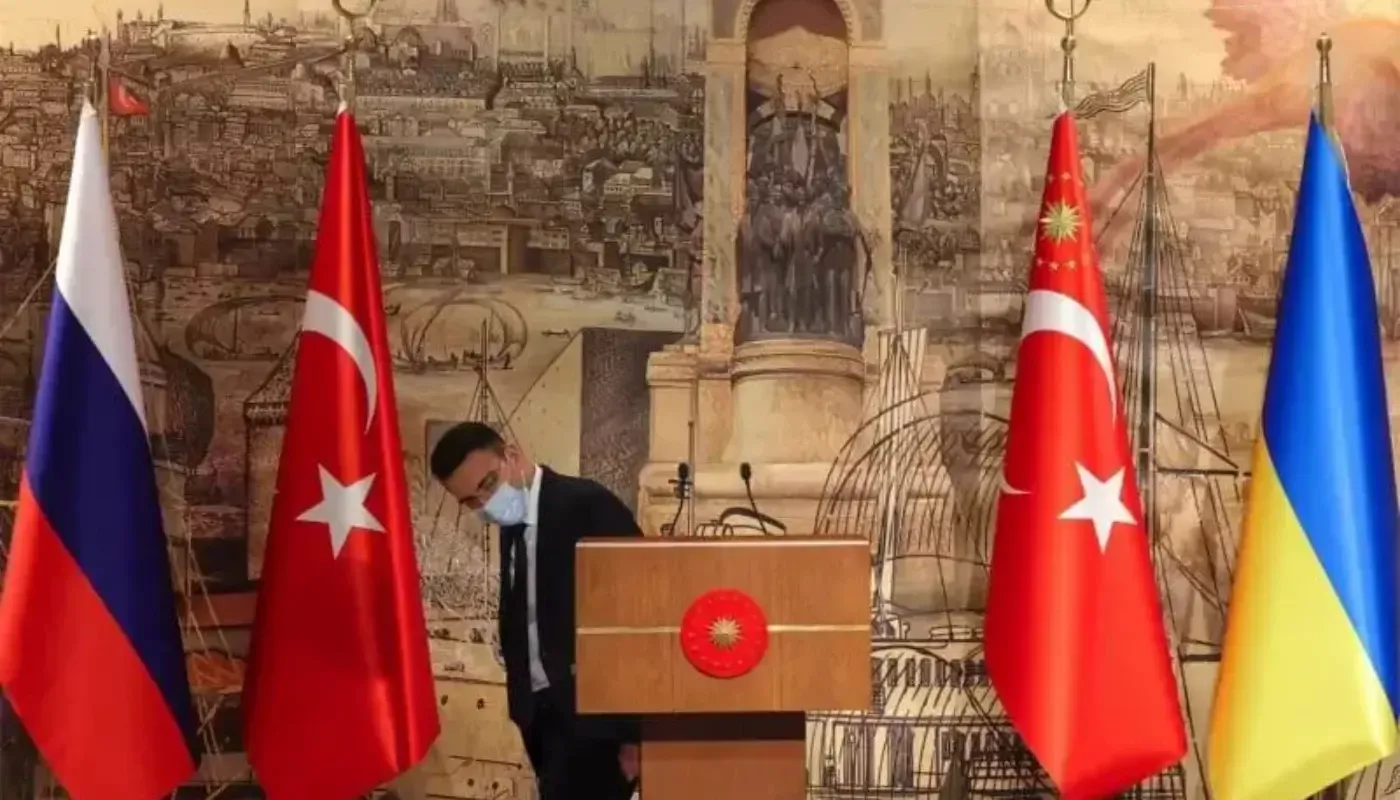
The negotiations in Istanbul, which Putin proposed to continue, took place at the end of March 2022, just a few weeks after Russia began its large-scale invasion of Ukrainian territory.
At that time, Russia demanded that Ukraine refuse to join NATO and agree to a non-nuclear and non-aligned state status, while Ukraine was ready for this condition with security guarantees recorded in the agreements. The issue of Crimea and Donbass, annexed by Russia, was to be discussed separately at the level of the two presidents. Kyiv stated that the agreement could only be signed after a complete cessation of hostilities.
The results of the negotiations were recorded in the "Istanbul communiqué," but no specific agreements were made to develop it. In mid-June, Putin's assistant Yuri Ushakov announced that "everything was over."
At that time, a BBC source explained the reason for the failure of the negotiations as follows: "The negotiations were about documents to be signed if the leaders agreed on peace. It has now become clear that peace is completely impossible."
By this time, in particular, facts of military crimes committed by Russian servicemen in Ukraine's Bucha had already been revealed, and Russia had lost the flagship of its Black Sea fleet, the cruiser "Moskva," which complicated the negotiations despite Zelensky's statements about his readiness to continue them.
In the fall of that year, after Russia annexed four regions of Ukraine, Zelensky signed a decree effectively prohibiting direct negotiations with Putin.
Now, Putin's assistant Yuri Ushakov stated that negotiations should resume "from where they were stopped in 2022, naturally taking into account the real situation."
By the spring of 2025, discussions began again about the Istanbul communiqué potentially being a starting point for new negotiations. In particular, Donald Trump's special envoy for the Middle East, as well as Steve Witkoff, who is involved in the process of organizing negotiations regarding Ukraine, described the Istanbul negotiations as "clear and substantive" and stated that they could serve as a "framework for a peace agreement." However, Trump's special envoy for Ukraine, Kit Kellogg, disagreed with this opinion and stated that the parties now "need to develop something completely new."
Photo: Sergei Karpukhin/TASS
Similar news
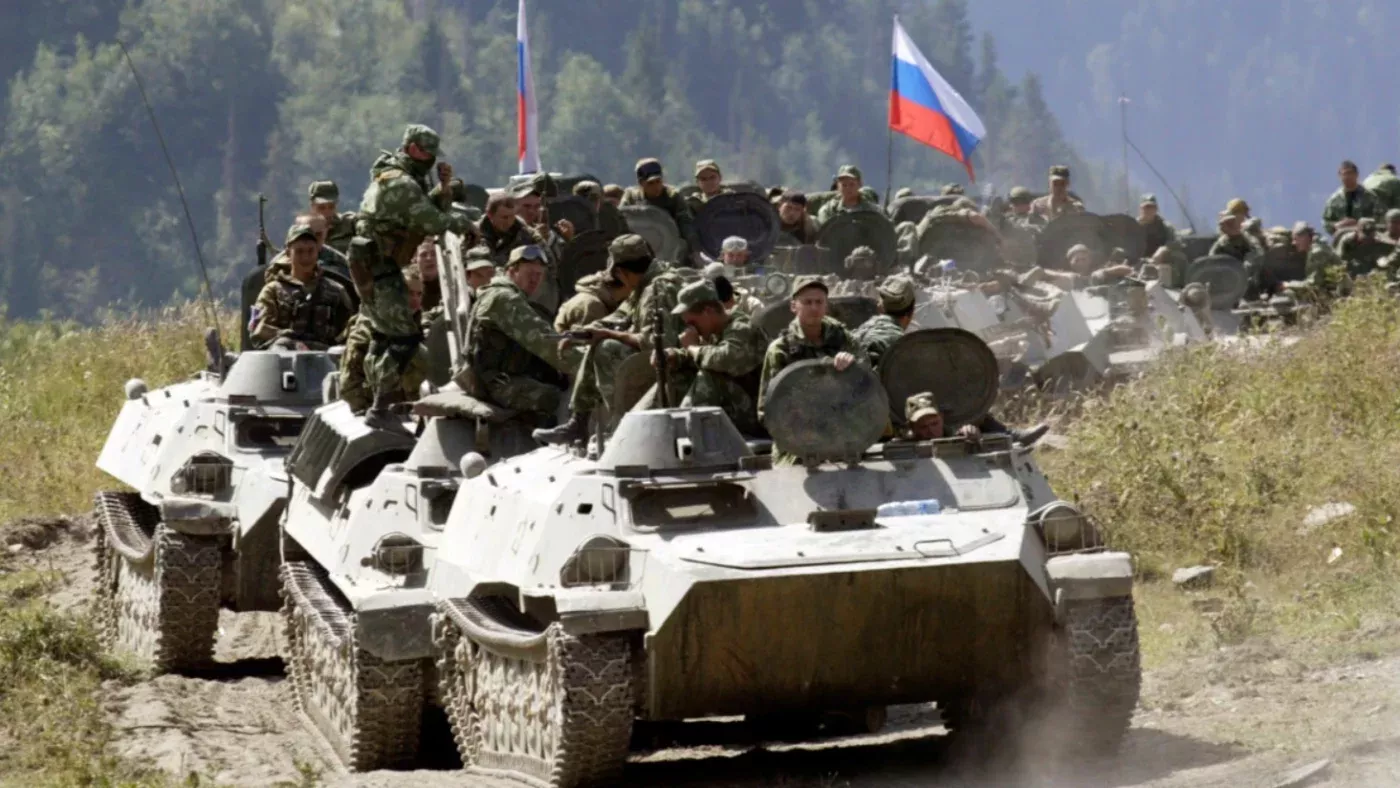
Rossiya Ukraina janubini nega bu qadar tez ishg‘ol qilgandi?
2022 yil 24 fevral kuni ertalab soat 4 larda Rossiya armiyasi Ukraina hududiga hujum boshlagandi. Yurish bir vaqtning o‘zida bir necha yo‘nalishda: janub, sharq va shimoldan olib boriladi. Biroq,
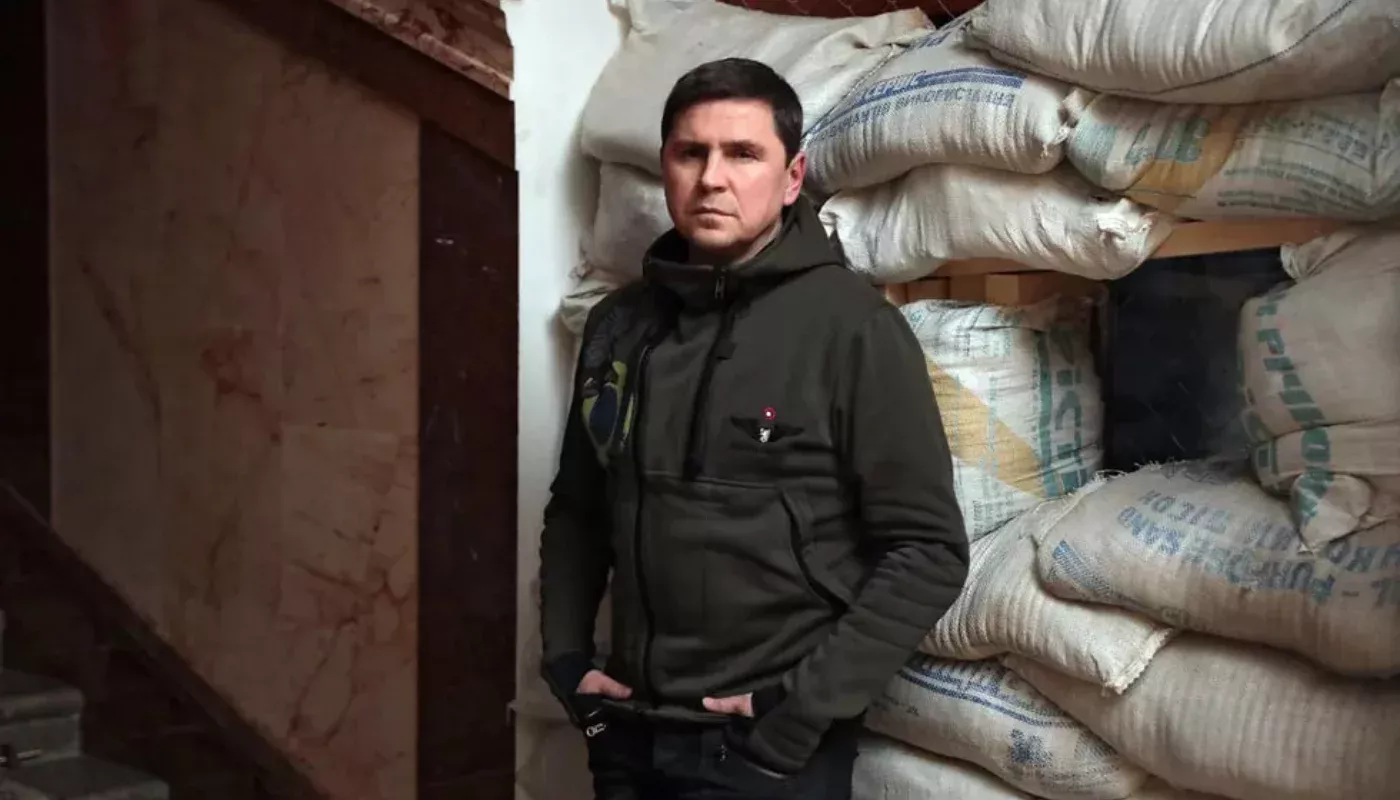
Mixaylo Podolyak: «Aslida, normal va qulay muzokara jarayoni ketmoqda»
Hennadii Minchenko / Ukrinform / Future Publishing / Getty Images AQSH prezidenti Donald Tramp 2025 yil 20 yanvarda bo‘lib o‘tgan inauguratsiyasidan so‘ng, darhol Putin bilan uchrashish niyati
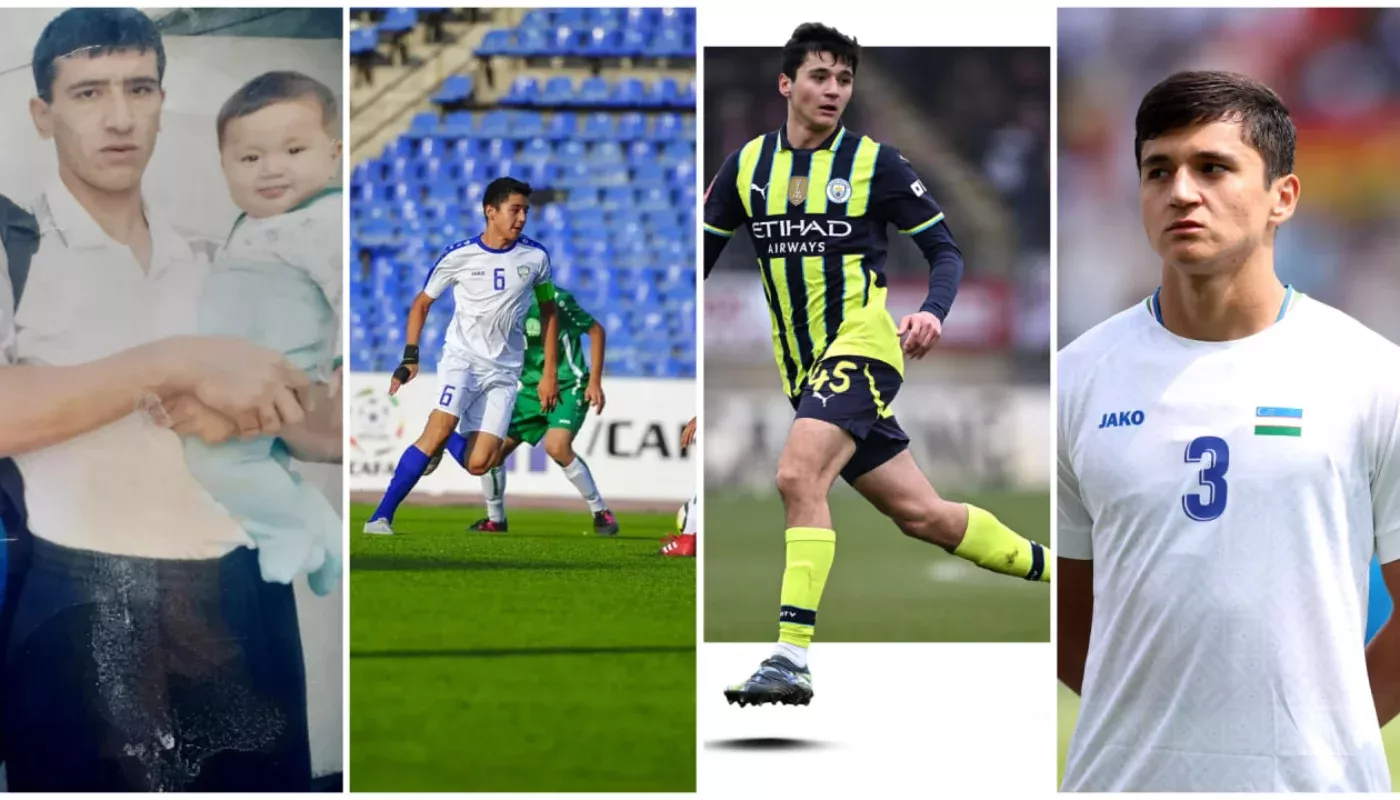
“Manchester Siti” klubi Abduqodir Husanov haqida hali hech qayerda chop etilmagan maqola e’lon qildi
“Manchester Siti” klubi o‘z ijtimoiy sahifasida, jamoa muxlislarining qalbini tezda zabt etgan yosh futbolchi Abduqodir Husanov haqida ilgari hech qayerda chop etilmagan ma’lumotlar, oilaviy
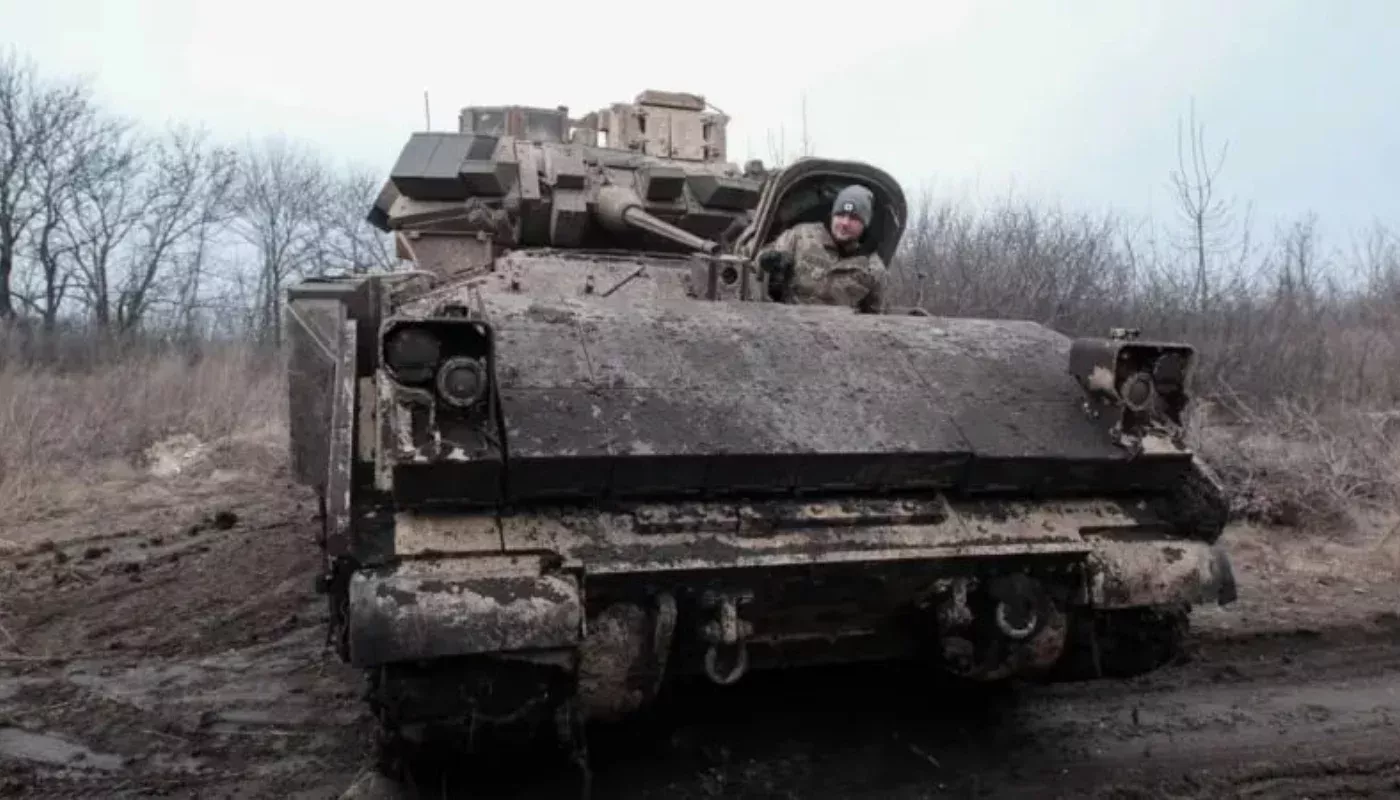
Ukraina Amerika qurollarisiz omon qoladimi?
Foto: Getty Images AQSHning keng ko‘lamli urushning uch yili davomida Ukrainaga ko‘rsatib kelingan harbiy yordami to‘xtatilishi mumkin. Har holda, Amerika prezidenti Donald Tramp bu variantni
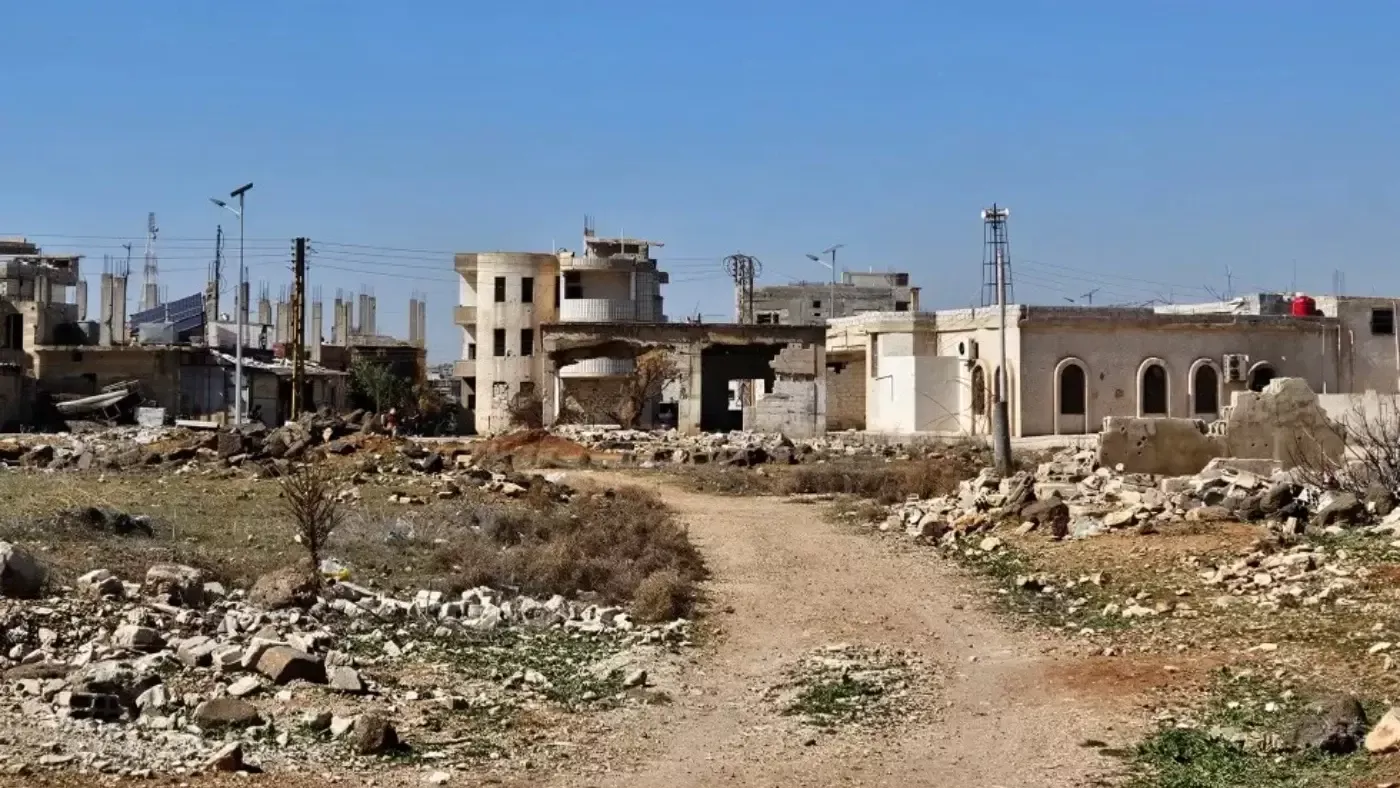
Asad ag‘darilgandan so‘ng Suriya qanday hayot kechirmoqda?
2024 yil dekabrida Suriyada Asadlar rejimining ellik yillik hukmronligi yakun topdi. Ko‘plab suriyaliklar erkinlikdan bahramand bo‘lishda davom etmoqda, biroq mamlakat barqarorlikka erishdi, deb

